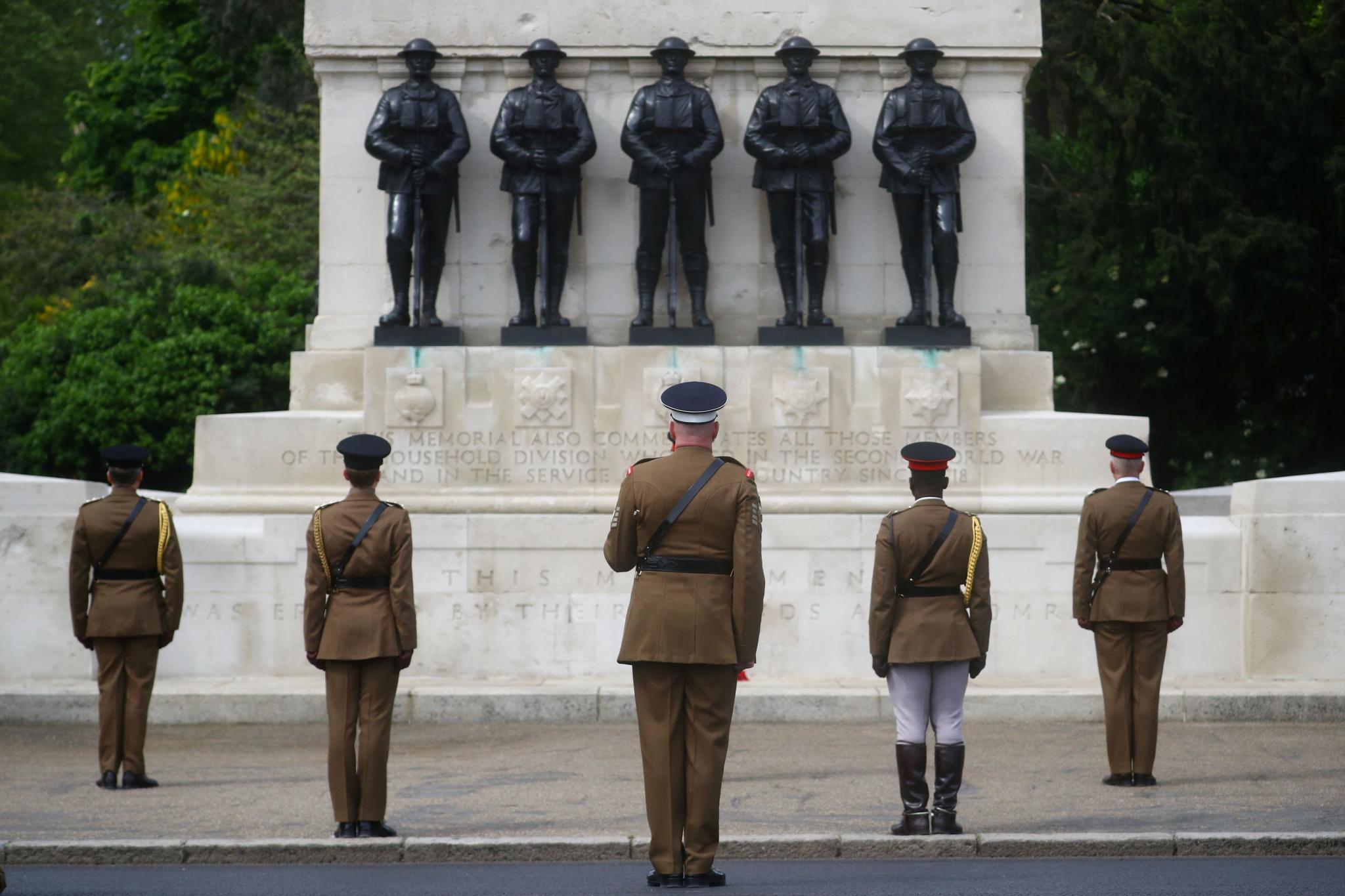My Column
Memories of jelly and jam tarts
Prince Charles was chosen to front the events marking the 75th anniversary of VE-Day, the end of the war in Europe. His parents, I suppose, were regarded as too old to perform that role and at the ages of 94 and 98 no-one could seriously argue with that.


No comments
To be able to write a comment, you have to be registered and logged in
Currently there are no comments.